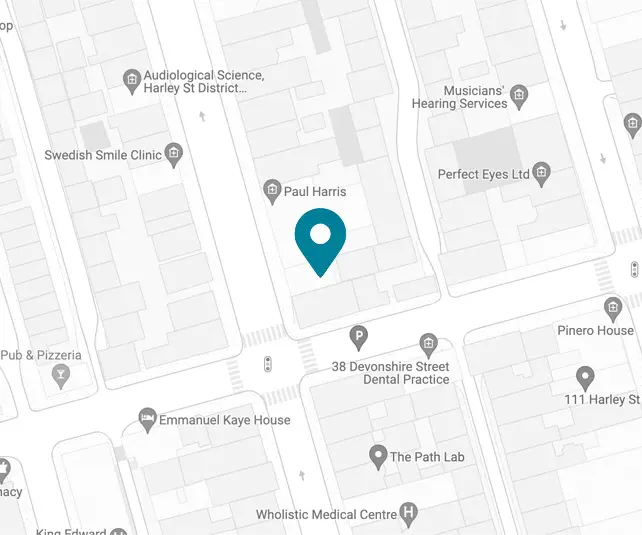Tiredness
Frequently feeling tired, sleepy or having a lack of energy are all common complaints. Tiredness can simply be a sign of a busy life, but can also be due to nutritional deficiencies. At the Dr Tatiana Clinic, we offer a screen of common causes of tiredness (below) and provide treatment for nutritional deficiencies.
If tiredness impacts on your daily life, it is important to rule out common medical causes such as:
- Anaemia:
Anaemia can be caused by factors such as iron-deficiency (often due to heavy periods or dietary restrictions), folate-deficiency, vitamin B12 deficiency, kidney or liver disease and blood loss. Anaemia is one of the most common causes of tiredness and is diagnosed using a blood test. - Underactive thyroid:
Thyroid hormone regulates your metabolic rate. Having too little thyroid hormone (hypothyroidism) can be a cause of tiredness, weight gain, hair loss and other symptoms. Hypothyroidism is diagnosed using a blood test. - Coeliac disease:
Coeliac disease is a condition where your immune system reacts badly to gluten, causing tiredness, diarrhoea, bloating, malnutrition and weight loss. Coeliac disease can be screened for using a blood test. - Diabetes:
Diabetes is a spectrum of conditions where the body is not able to process sugar properly, leading to the rise of sugar in the blood stream. This causes tiredness, thirst, frequent urination and may be associated with either weight gain or weight loss. Diabetes is diagnosed on a blood test. - Glandular fever:
A history of glandular fever (a common viral illness causing sore throat) is often associated with prolonged fatigue that can last for several months. Previous exposure to glandular fever can be diagnosed on a blood test. - Sleep apnoea:
Sleep apnoea is a condition where a person temporarily pauses breathing at night. Each pause can last from a few seconds to over a minute and can happen many times during the night. During apnoea the body begins to wake-up to try and re-open the airway and this can cause significant disturbance to people’s sleep. Sleep apnoea can be screened for using a questionnaire and physical examination and measurements of the neck. - Stress, Anxiety or Depression:
Emotional health is incredibly important to our wellbeing. Stress, anxiety and low mood can play a big part in our energy levels. These factors are important to identify.


